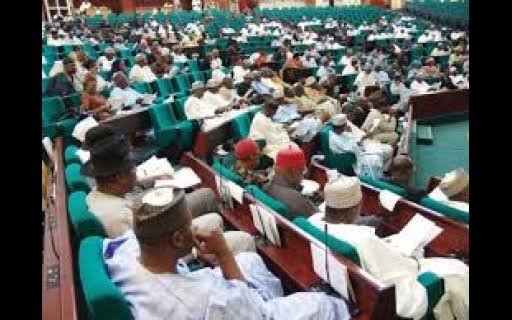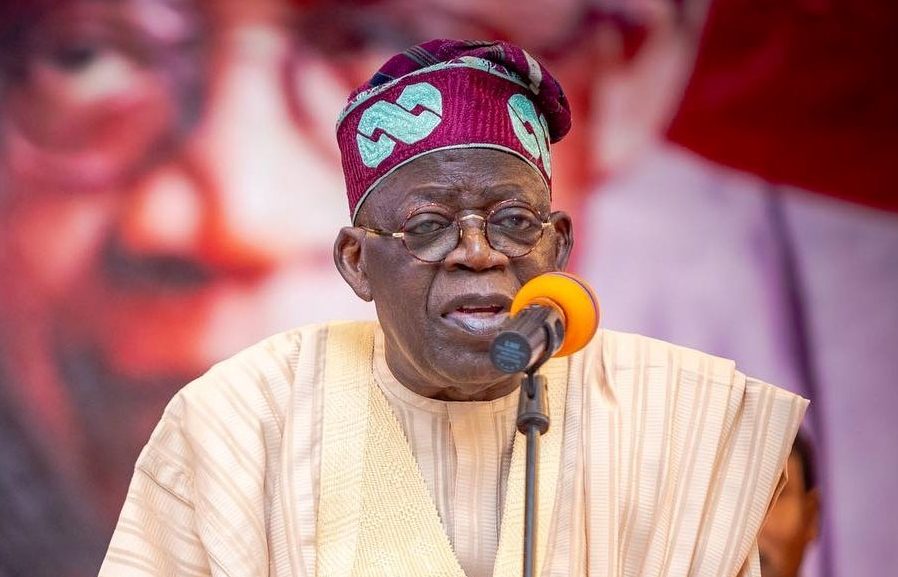Isaac Samuel
The House of Representatives is proposing the establishment of a new agency that will be responsible for the decommissioning and abandonment of oil production facilities across the country.
Chairman, House committee on Petroleum (Upstream), Alhassan Doguwa, said that the lower chamber is doing this through the National Commission for Decommissioning of Oil and Gas Installations (NC-DOGI) Bill.
He stated this during an interactive session organised by the committee with key stakeholders from the Ministry of Petroleum Resources (MPR), Ministry of Environment (FME), Nigerian Upstream Petroleum Regulatory Commission (NUPRC), National Oil Spill Detection and Response Agency (NOSDRA), and National Environmental Standards and Regulations Enforcement Agency (NESREA) in attendance.
Doguwa had stressed the significance of the proposed commission, describing the
National Commission for Decommissioning of Oil and Gas Installations (NC-DOGI) Bill as a landmark legislative proposal aimed at establishing a dedicated commission to coordinate all decommissioning efforts in Nigeria’s oil and gas sector.
“This Bill is not just another legislative initiative. It is a leadership Bill. It is designed to ensure Nigeria meets globally accepted standards of decommissioning, while protecting host communities and the environment from the harmful effects of improper facility abandonment”, he said.
But stakeholders at the meeting raised concerns over the proposed legislation, saying that existing structures are already adequately equipped for the task.
They noted that Nigeria already has an effective framework under the Petroleum Industry Act (PIA) and other regulatory instruments to handle decommissioning and abandonment.
Director of Production and Development of the Nigerian Upstream Petroleum Regulatory Commission (NUPRC), Mark Emmanuel, argued that the obligations for decommissioning are embedded in current licensing frameworks and are strictly enforced under the supervision of the commission.
He said, “The PIA under Sections 232 and 3 already makes elaborate arrangements for decommissioning and abandonment. It is the legal obligation of the licensee or lessee to fund, plan, and carry out decommissioning at the end of an oil field’s life cycle.
“The funds set aside for this purpose are not government revenue but are controlled by the operators under the NUPRC’s supervision.”
He further warned that setting up a new agency would be premature and wasteful, noting that most oil fields in Nigeria are still productive and far from their decommissioning phase.
“If you create a standalone commission now, it will be idle for the foreseeable future. Unlike the North Sea, where decommissioning is active, Nigeria is still in a growth phase. More investments are being made to expand production, not shut it down,” he added.
The Director, environmental assessment department, Ministry of Environment, Rofikat Odetoro, echoed the sentiments, warning against creating redundant structures.
“This is already embedded in the Environmental Impact Assessments (EIA) and current regulations. Instead of creating a new agency, let’s empower NOSDRA and the relevant existing institutions,” she said.
Doguwa reaffirmed the committee’s commitment to inclusive and informed decision-making.
“We will collect all documentary submissions and review every perspective. If these agencies do not return for further dialogue, we will go to the field and meet them there. Your guidance is crucial as we shape this legislative framework,” he added.





